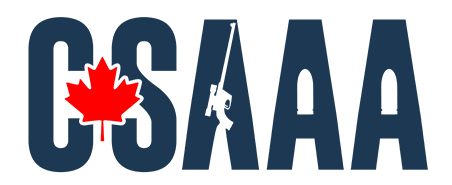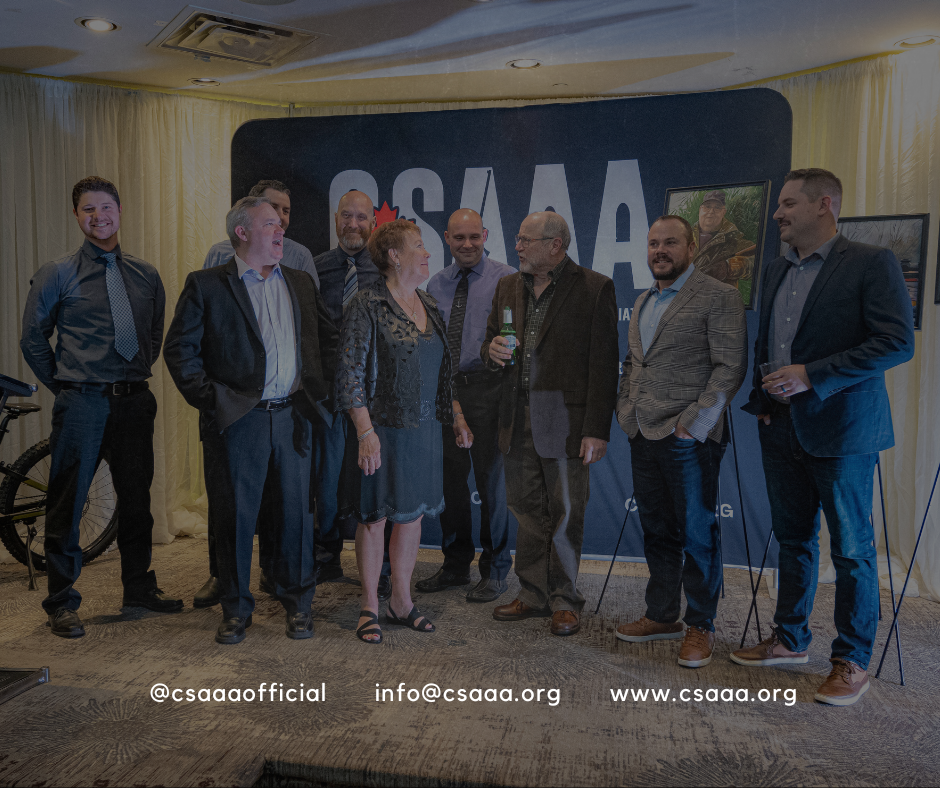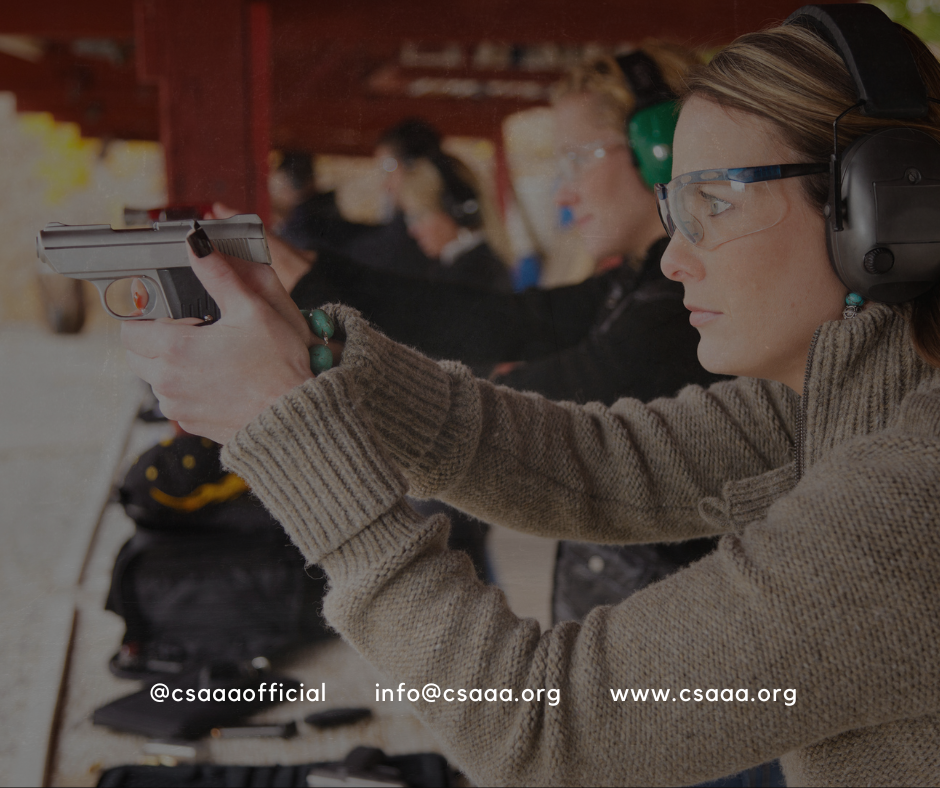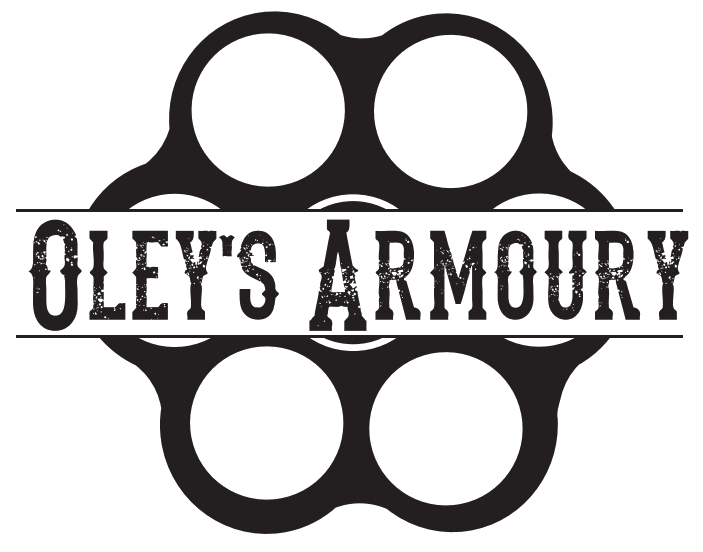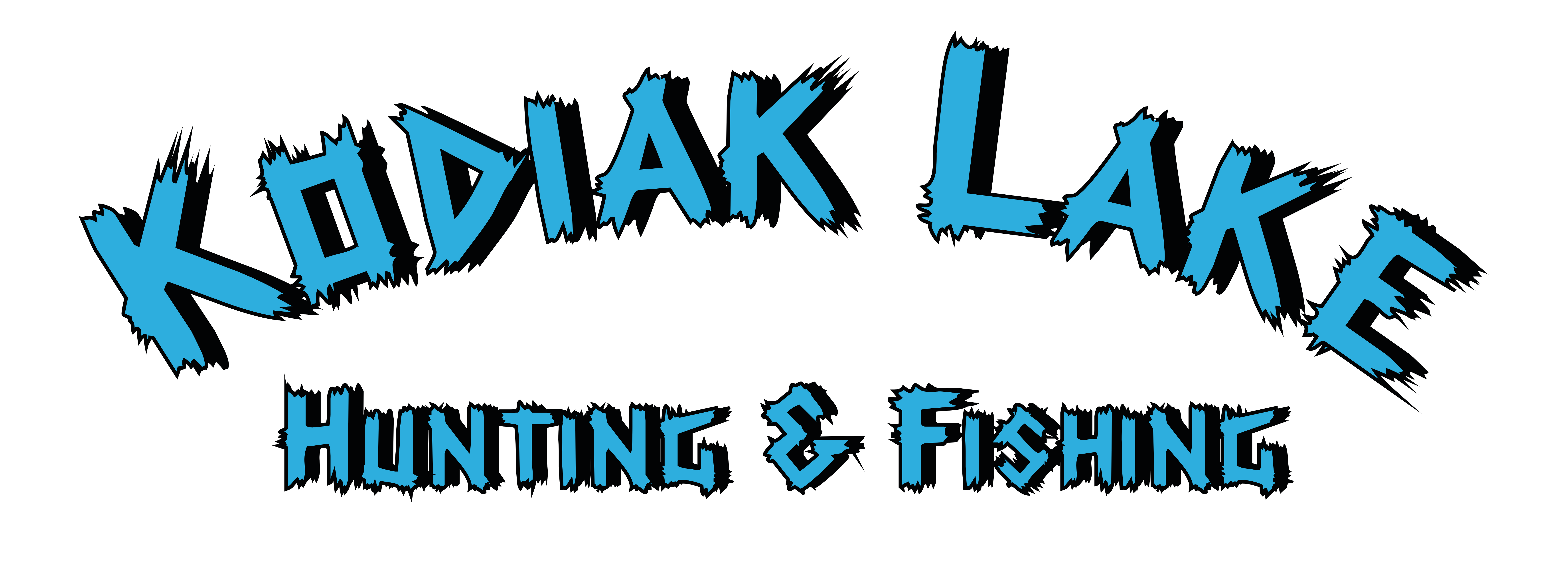CSAAA’s Quarterly Member Roundtables offers important updates on regulatory changes, industry concerns, and developments affecting firearms businesses.
As of September 1st, businesses must verify that customers hold a valid Possession and Acquisition License (PAL) before transferring barrels and slides. This is in addition to the magazine verification requirements that came into effect earlier this year.
Customers only need a PAL to purchase these items, regardless of whether they are for handguns or other firearms. An RPAL (Restricted PAL) is not required for handgun barrels or slides.
There is no need to record transactions or obtain a reference number, unlike full firearm transfers.
The above-mentioned regulations only apply to business-to-individual transactions. Business-to-business transfers are exempt at the moment.
A significant concern raised by CSAAA during our discussions with the Director General of Firearm Policy was the lack of a clear Criminal Code definition of “barrel” or “magazine.” This uncertainty raises practical issues, such as determining at what point a piece of steel becomes a legal barrel requiring a PAL for purchase. The association is actively seeking clarification from the Canadian Firearms Program on this matter.
As we are all aware by now, on May 22nd, the first phase of new regulations regarding the sale and handling of gunpowder and some reactive targets came into effect. While these changes were previously discussed in our last roundtable, we have new information on the proposed second phase after meeting with NRCan.
The CSAAA board has voiced concerns about the lack of consultation with industry stakeholders, and other groups impacted, particularly reenactors and educators who are now subject to these rules. After NRCan was informed of the repercussions of the lack of consultation, CSAAA has been listed as a primary consultant for current and future regulations that will impact our industry and their consumers in any way.
The second phase of these regulations is expected to come into force in the Spring of 2025. As it currently sits, retailers will be required to register with Natural Resources Canada (NRCan) to buy, sell, or carry powders and reactive targets. This applies even to small-volume purchases, eliminating the previous exemptions. This will be a one-time registration number, valid for the lifetime of the business, and there will be no fee attached. CSAAA will continue to consult on these regulations with a logical approach and our industry’s best interests in mind.
The controversial confiscation program, referred to as the “buyback program” by this government and the media, remains a critical point of discussion. The association has consistently referred to it as a confiscation program due to its involuntary nature.
Initially, CSAAA was contracted by the federal government to help businesses inventory firearms, firearm parts and components, determine eligibility for compensation, ensuring businesses receive proper compensation, as well as assist businesses in communications between the business and the Canadian Firearm Program.
However, the federal government has since reduced the Canadian Sporting Arms and Ammunition Association to a consulting capacity. This is likely due to the organization’s outspoken criticism of the program, and the fact that CSAAA presented the bureaucrats tasked with executing this program with more problems and concerns with the feasibility of the program than actual solutions.
The complexity of executing the confiscation program is very clear, and the association has empathy for the bureaucrats tasked with administering the program, while the root of the issue lies in the initial policy decisions made by former Minister Bill Blair, rather than in the implementation efforts. The bureaucratic administrative team has been very cordial and receptive of CSAAA’s consultation, and they have put countless hours into trying to find solutions to the problems presented in this massive undertaking. However, they were saddled with what appears to be too monumental a task (not to mention .
The government’s decision to defer the amnesty until after the next federal election suggests a strategic move to delay the most contentious parts of the initiative. Many in the firearms community believe that the government has effectively abandoned the confiscation effort without publicly admitting it, pushing the responsibility onto future administrations.
As the political landscape shifts, the future of the firearm confiscation program remains uncertain. For now, the CSAAA’s focus will be on ensuring that its members are fairly represented, and that the long-term viability of the Canadian firearms industry is preserved.
While this quarter was relatively quiet, the association anticipates a busier fall, with Parliament resuming and the potential for more regulatory updates. Members are encouraged to stay tuned to future communications for more details and ongoing developments.
For any additional questions, feel free to contact the association directly.

